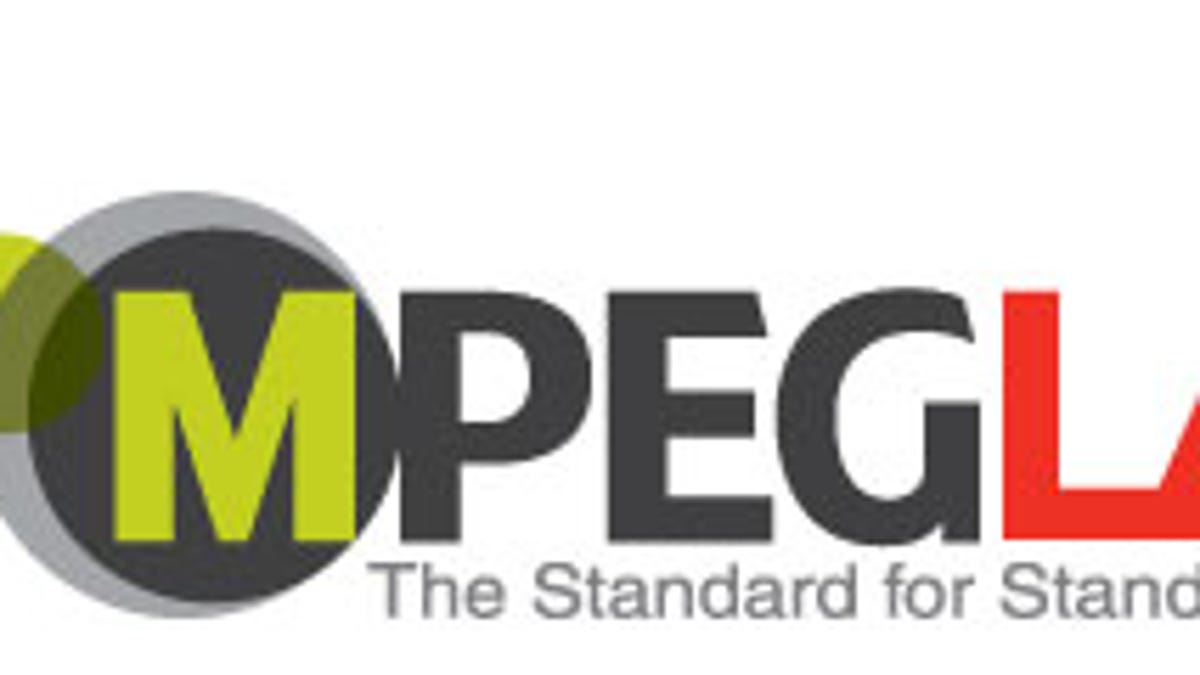MPEG LA patent move blemishes Google's Web video plan
The patent licensing group is seeking those who believe VP8 uses their patents, a step that could ultimately spoil Google's effort to create royalty-free Web video.

A serious complication has just emerged for Google's plan for high-quality, patent-free, open-source video on the Web--but Google also revealed plans today to try to counteract it.
MPEG LA, an organization that licenses video-related patents related to a variety of standards, has formally requested for patent owners to inform them of patents they believe Google's VP8 technology uses.
In "offer[ing] to facilitate development of a joint license to provide coverage under essential patents," MPEG LA is taking a major step toward actually offering such a license.
That might reassure some players who are interested in VP8 and its related WebM video-streaming technology, easing licensing deals that otherwise could involve many companies in the process. But it also would raise doubts about whether makers of browsers, mobile phone, processors, and cameras would be free to use the technology without signing such a license.
And that could drag down Google's ambition to make "a high-quality, open video format for the Web that is freely available to everyone." VP8 is a codec, technology to encode and decode video, and paired with the Vorbis audio codec, forms the WebM Project.
MPEG LA had this to say yesterday:
In order to participate in the creation of, and determine licensing terms for, a joint VP8 patent license, any party that believes it has patents that are essential to the VP8 video codec specification is invited to submit them for a determination of their essentiality by MPEG LA's patent evaluators. At least one essential patent is necessary to participate in the process, and initial submissions should be made by March 18, 2011.
Google pooh-poohed the move and said it's moving to marshal allies that agree with its viewpoint, though:
MPEG LA has alluded to a VP8 pool since WebM launched--this is nothing new. The Web succeeds with open, community-developed innovation, and the WebM Project brings the same principles to Web video. The vast majority of the industry supports free and open development, and we're in the process of forming a broad coalition of hardware and software companies who commit to not assert any IP claims against WebM. We are firmly committed to the project and establishing an open codec for HTML5 video.
Just a few weeks ago, MPEG LA made it clear which way it thinks the VP8 patent wind blows.
"We do not believe VP8 is patent free," MPEG LA told CNET. "There continues to be interest in the facilitation of a pool license to address the apparent marketplace desire for convenience in accessing essential VP8 patent rights owned by many different patent holders under a single license as an alternative to negotiating individual licenses."
Mozilla, a strong ally in the effort to establish a royalty-free video codec, declined to comment for this story.
VP8's biggest competitor, H.264, is used by many companies that pay royalties to MPEG LA. MPEG LA offers licenses on behalf of patent holders for such technology, returning royalty payments to those companies.
Microsoft found its ambitions thwarted in a similar way years ago. It tried to establish a Windows Media Player-based video codec called VC-1 as a standard, but in 2007, MPEG LA stepped in with a patent pool of its own.
Updated 12:14 p.m. PT with Google comment.

